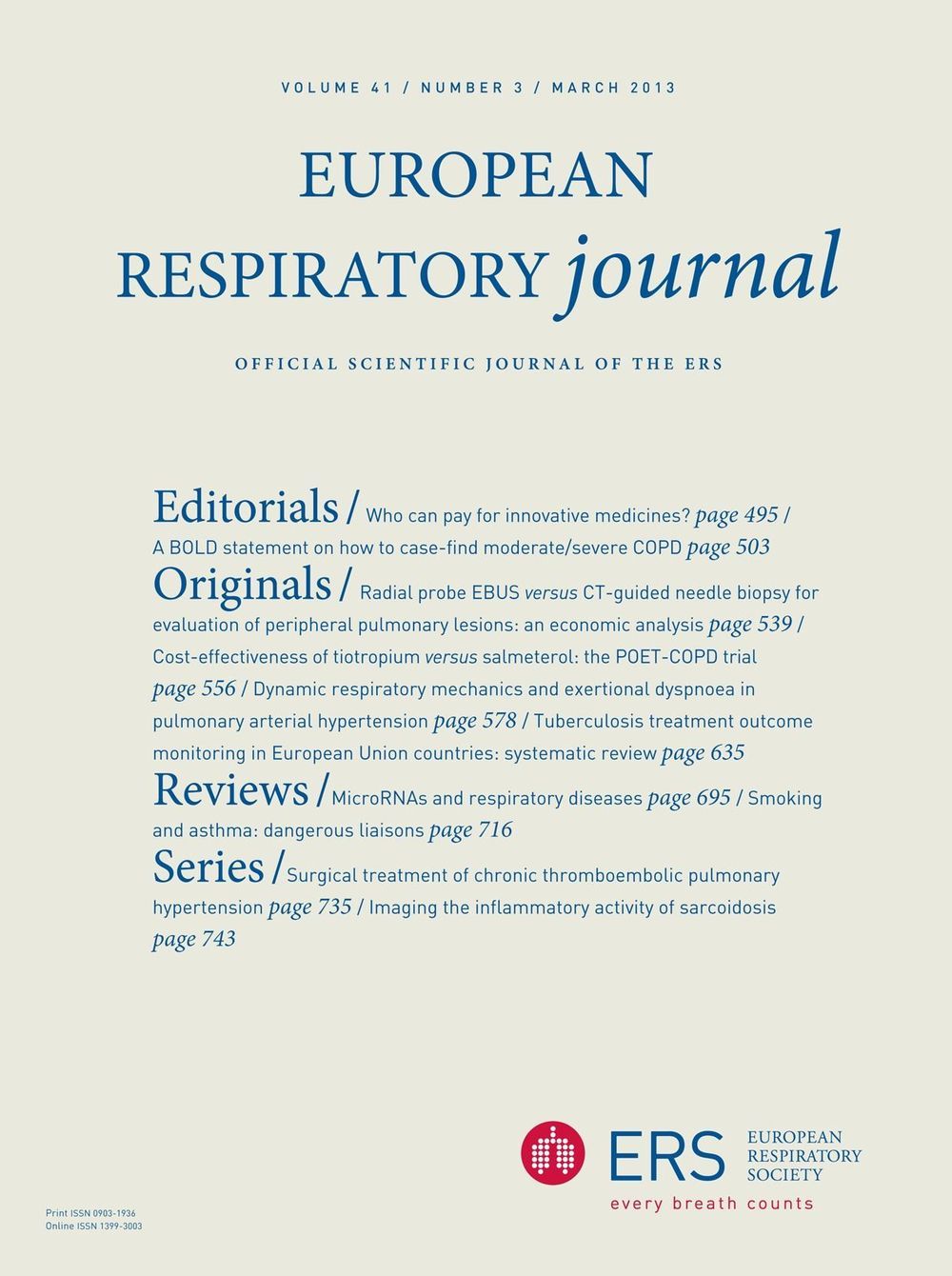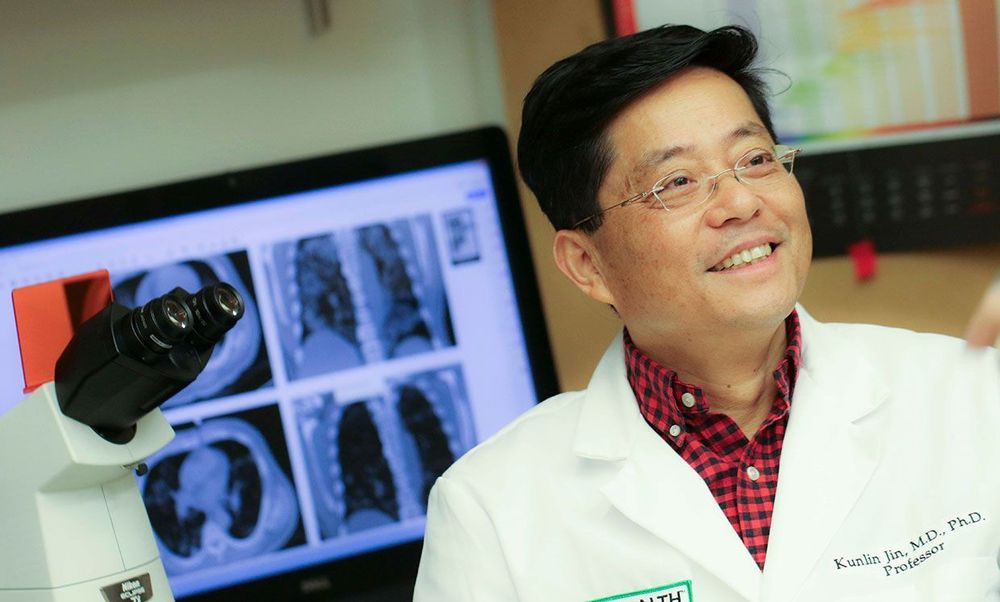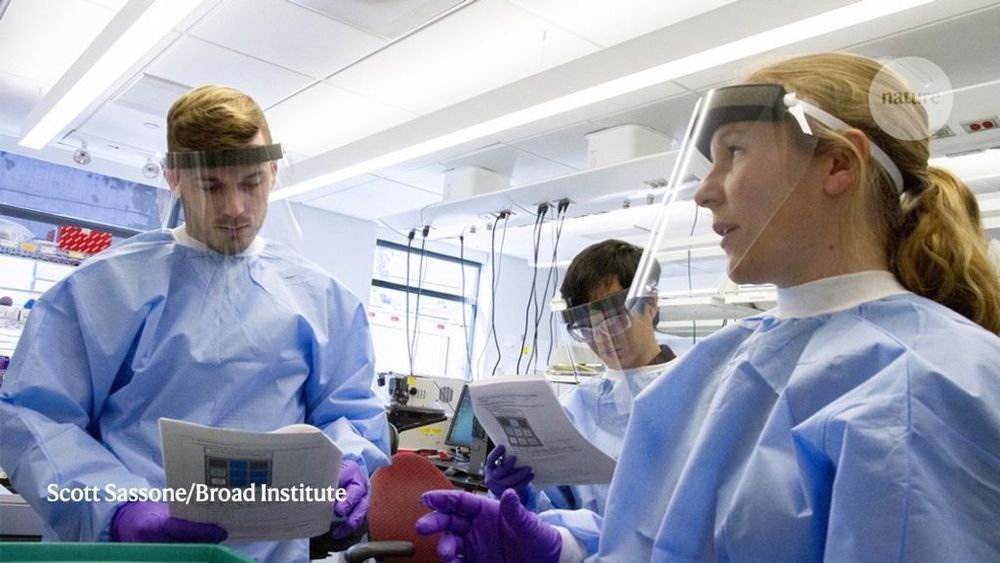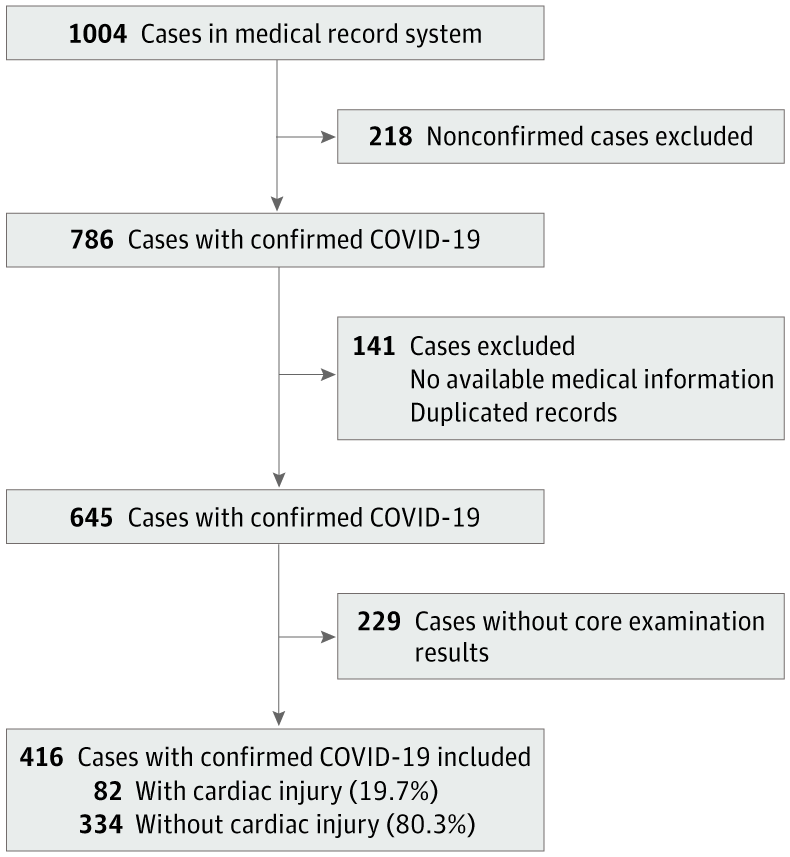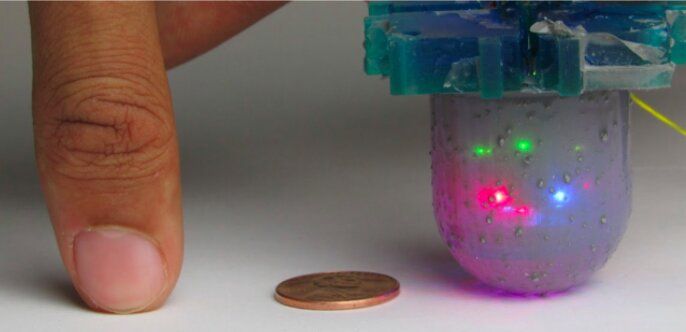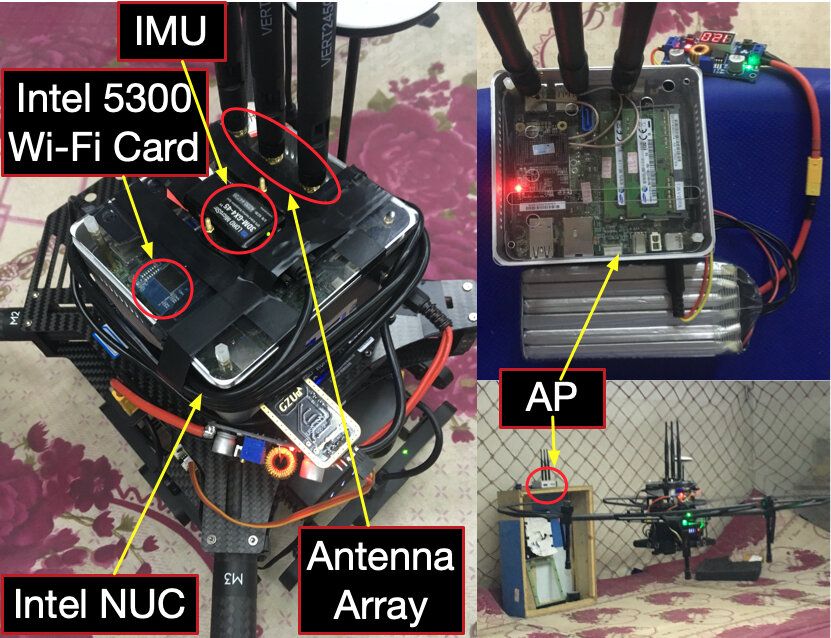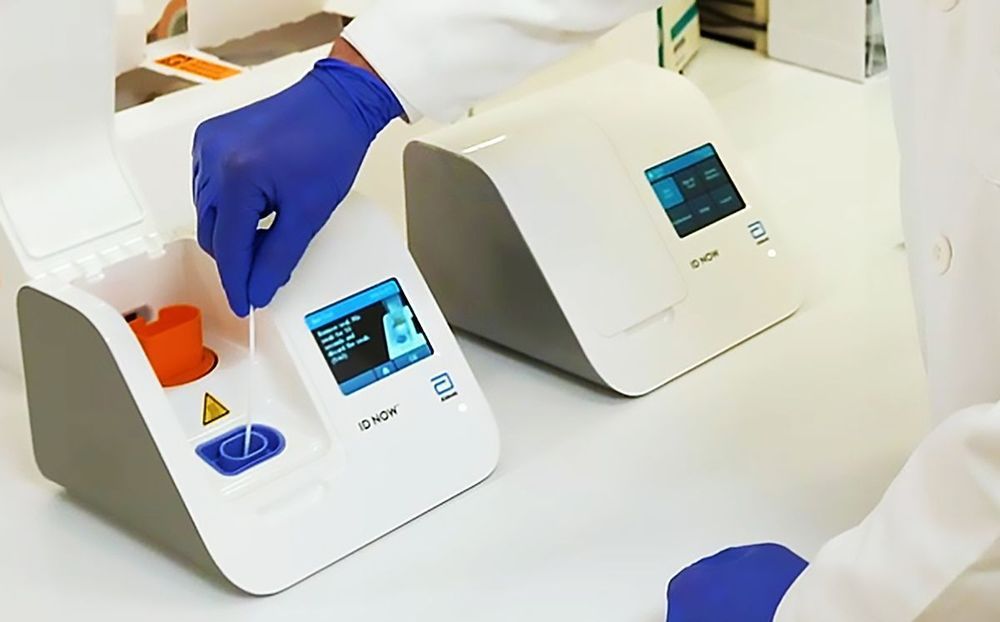Mar 28, 2020
Rebuilding a diseased lung: repair and regeneration
Posted by Omuterema Akhahenda in categories: biotech/medical, education, health
Chronic lung diseases, including chronic obstructive pulmonary disease, asthma, lung cancer and pulmonary fibrosis, are the second leading cause of death in the world. Currently, only limited therapeutic options exist for chronic lung diseases; in particular, causative therapeutic approaches are missing. Lung transplantation remains the only available therapy for many patients with end-stage lung disease; however, the number of patients listed for lung transplantation by far surpasses the number of suitable donor organs.
Beyond lung transplantation, several approaches to repair and regenerate lung tissue, with the aim of restoring lung function, have made substantial progress in recent years and hold great promise for future therapies. Importantly, advancement in our understanding of the underlying pathogenesis of distinct chronic lung diseases will be crucial for the development of novel, targeted therapeutic approaches.
The mission of the European Respiratory Society (ERS) is to alleviate suffering from respiratory disease and promote lung health through research, knowledge sharing, and medical and public education. In support of this mission, the ERS hosts the annual Lung Science Conference (LSC) in Estoril, Portugal, which brings together leading experts (basic scientists, physician scientists and clinicians alike) on distinct topics of relevance to respiratory medicine. In addition, the ERS is strongly committed to encourage, nurture and mentor future generations of world class respiratory scientists and clinicians. The LSC represents one of the main platforms to encourage debate and interaction between young doctoral and postdoctoral scientists with established investigators. In particular, this is facilitated by special mentoring sessions and the Young Investigator Competition, which enables younger delegates to present themselves and their work to established investigators.
